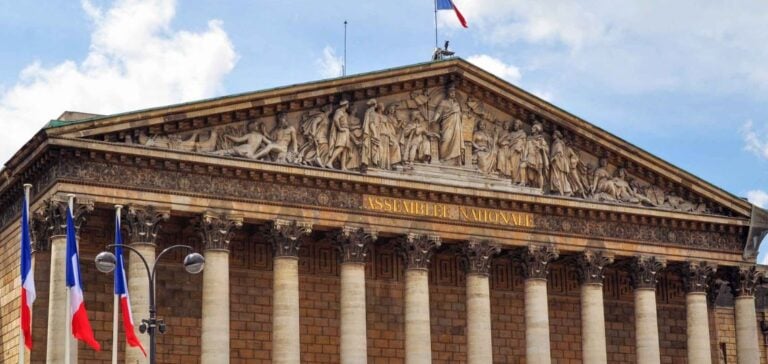On Tuesday evening, the French National Assembly voted 206 to 117 in favor of the article authorizing the merger of ASN and IRSN. This step is part of the nuclear safety bill, which has given rise to lively debate. The vote took place after a suspension and several points of order, testifying to the electric atmosphere. The presidential majority, supported by the RN as well as some members of the LR, finally obtained a favorable vote.
Creation of ASNR
The new body, the Autorité de sûreté nucléaire et de radioprotection (ASNR), will come into being on January 1, 2025. The aim of this merger is to unify IRSN’s technical expertise and ASN’s regulatory role, as part of a plan to revitalize the nuclear industry. The government’s aim is to simplify the current system, speeding up appraisal, authorization and control procedures.
Opposition and criticism
IRSN and ASN trade unions, as well as environmental associations, have voiced their opposition to this reform. They fear disorganization, loss of expert independence and reduced transparency. An open letter from the unions to MPs stressed the importance of nuclear safety and public protection, irrespective of positions on nuclear power.
Political reaction and debate
Voices have been raised against the way in which the merger was adopted, criticizing in particular the reversal of the RN, which had previously opposed the merger. Environmentalists and some independents denounce the “dismantling” of IRSN. This merger has been a recurring issue for the government, already rejected by a coalition of opponents the previous year.
The challenges of fusion for nuclear safety
Industry Minister Roland Lescure defends the merger as a way of making processes more efficient. The latter presents this merger as a natural evolution in the collaboration between ASN and IRSN, which is seen as essential for strengthening the governance of nuclear and radiological risks in a context of renewed interest in the atom.
The adoption of the ASN-IRSN merger by the French National Assembly marks an important step in the reorganization of French nuclear safety. This measure can be seen as an improvement in the effectiveness of controls and expert appraisals in the nuclear sector, while at the same time raising questions about the future of independence and transparency in this critical area.






















